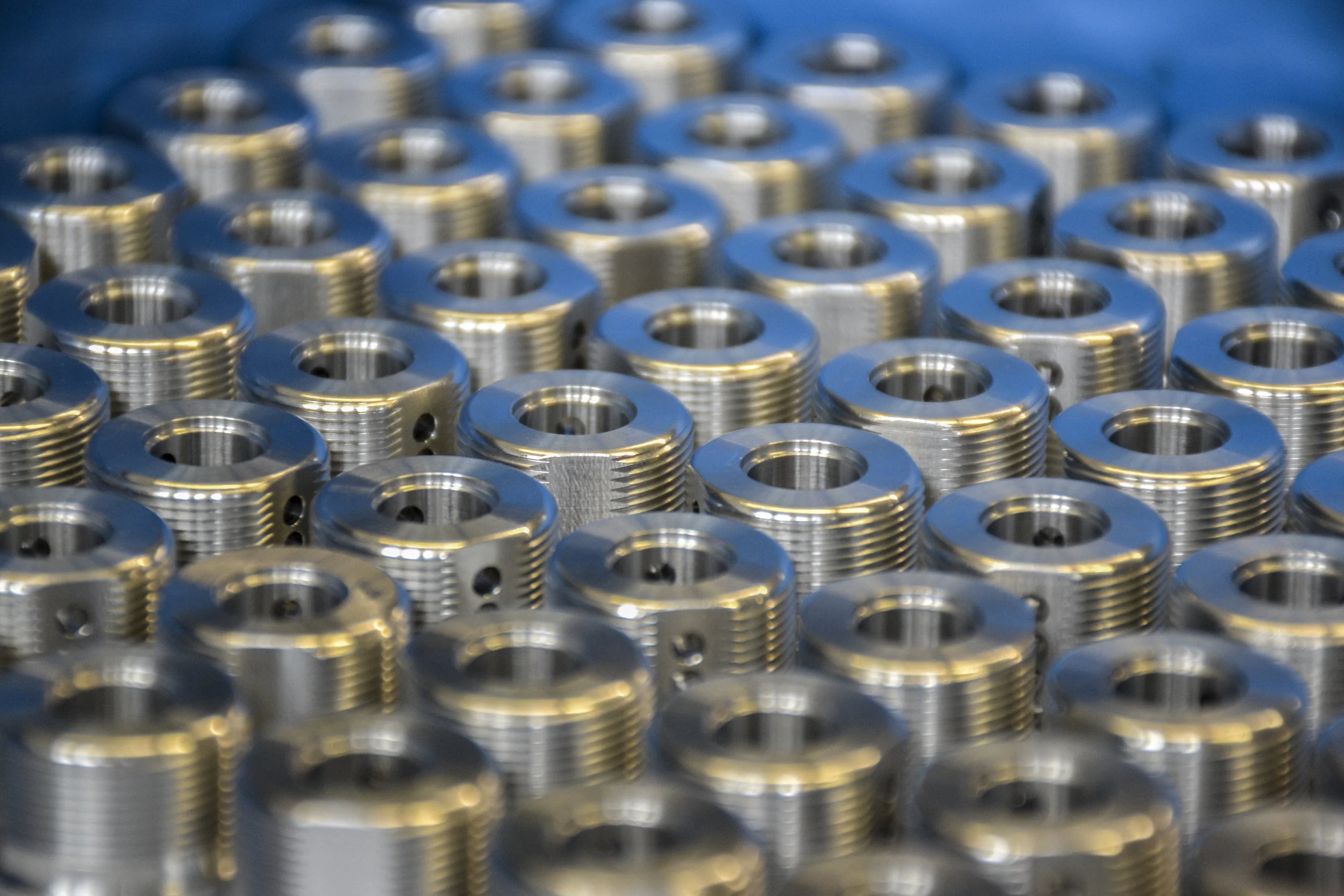It’s seldom remembered, but an event in Paris in 1790 introduced a concept that made possible nearly every manufactured object sold in the world today. And, oddly, it led indirectly to unhelpful practices in teaching storytelling.
An Astonishing Feat
In Paris's historic Hotel des Invalides in 1790, Honore Blanc, an inventor and gunsmith, staged a daring demonstration in front of a crowd of prestigious politicians, academics, and military men. Until that time, firearms were built individually. Each part of each gun was separately shaped by hand; no two were identical, so replacement parts had to be laboriously crafted to match each unique broken one. This made repairing a gun almost as difficult as making one in the first place.
But Blanc had a bold, new plan: he had manufactured 1000 gunlocks (the critical part of the gun, which causes the gunpowder to explode, firing the bullet) that were made of identical parts. In front of the startled crowd, he chose one of each gunlock-part randomly from bins, then assembled them into a working gunlock. Then he repeated his feat again and again for the astonished crowd. Blanc had just demonstrated the potential of interchangeable parts...

